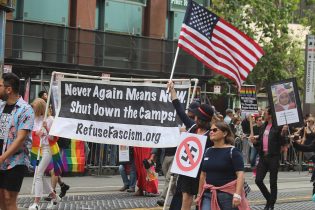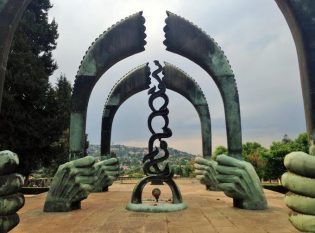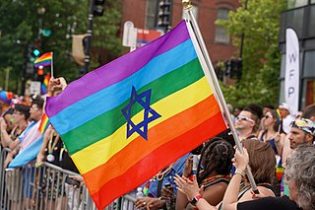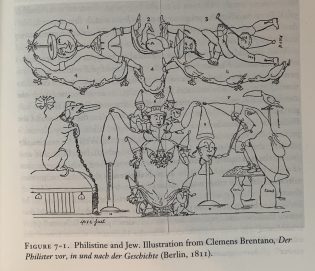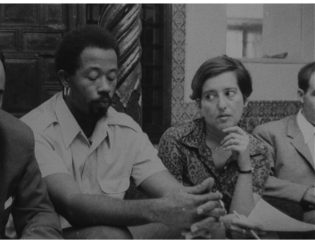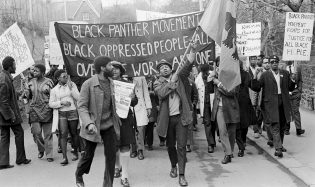The development of Black Lives Matter, its significance for Jews of Colour and its relationship to anti-Zionism and antisemitism has raised important questions for antisemitism studies and made it more urgent than ever to address the relationship between antisemitism and other forms of racialization. This year-long seminar programme, under the rubric ‘Antisemitism and Racism – Comparisons and Contexts’, focuses on some of the historical and contemporary issues connecting (and separating) anti-antisemitism and anti-racism.

